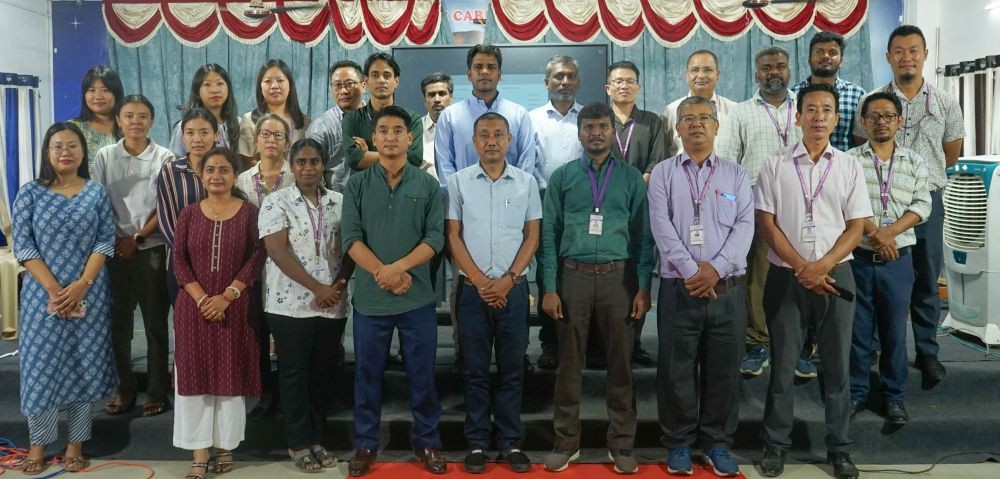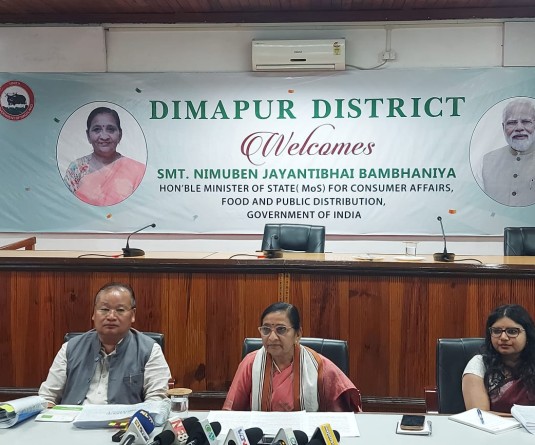St. Joseph’s University conducted a 5-day Faculty Development Program (FDP) titled "Interdisciplinary approaches to sustainable development and well-being in Academia.”

CHÜMOUKEDIMA, OCTOBER 24 (MExN): St. Joseph’s University concluded a transformative five-day Faculty Development Program (FDP) titled "Interdisciplinary Approaches to Sustainable Development and Well-being in Academia." Designed to empower educators, the program aimed to enhance teaching and research by incorporating interdisciplinary strategies focused on sustainable development, entrepreneurship, and well-being.
According to a press release, the FDP kicked off with a compelling session led by Dr B. Krishna Kumar, who emphasized the importance of integrating the United Nations' Sustainable Development Goals (SDGs) into higher education. His insights on fostering sustainability literacy and critical thinking set the tone for the week.
This was followed with Dr Fr Sabu Jose Joseph discussing on classroom management and communication. He highlighted the vital role of empathy and emotional intelligence in creating supportive learning environments.
Prof Khundrakpam Devananda Singh contributed to the discourse by exploring the intersection of entrepreneurship and innovation. His presentation underscored the need for these elements to bolster the economy and inspire students to become proactive contributors to society.
Another key session was led by Dr K Jothi Dayanandan, who connected physical and mental well-being to academic performance. He promoted various practices that can create healthier learning environments, emphasizing the holistic development of students.
The program culminated with a session from Prof Giribabu M, who focused on interdisciplinary research and collaboration. He outlined potential partnerships and funding opportunities that could arise from adopting a more integrated approach to academia.
Overall, the FDP successfully equipped faculty with practical strategies for embedding sustainability, communication, innovation, and well-being into their academic practices, the press release maintained. Participants left with renewed motivation to foster a collaborative, resilient, and healthy academic environment, better prepared to meet the challenges of the modern educational landscape, it added.





